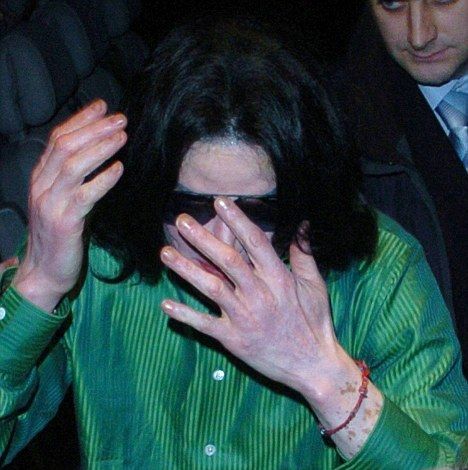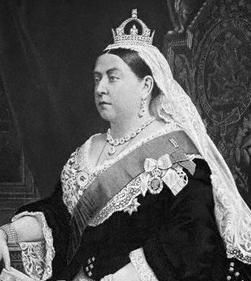中国的月亮
|
Moon in Chinese Celestial Cosmology The choice of the festival's theme -- celebrating the glories and mysteries of the moon -- was a natural. Along with the sun, the moon has long been an object of human curiosity and worship. "It is probable that sun and moon were early held to be deities and that they were the first visible objects of worship," according to the book "Sketches of the History of Man." To the most ancient ancestors of the Chinese, the sun and the moon were considered the "chief objects of veneration," according to records dating to the Han dynasty emperor Wu Di (157-87 B.C.). Notecuriosity: n. 好奇心 worship: n. 崇拜,尊敬 deity: n. 神,神性ancestor: n. 祖先,祖宗 veneration: n. 尊敬,崇拜 In ancient Asian mythology, there is a strong relationship between the moon and water. The moon is said to regulate reservoirs and supplies of water. There is a suggestion that the moon produces fertility and freshness in the soil. The moon's role in bountiful harvests is widely recognized during autumns around the world. In Chinese celestial cosmology, the moon represents the female principle, or yin. During ancient autumn Moon Festivals, women took center stage because the moon is considered feminine. Only women took part in Moon Festival rituals on the night of the full moon. Altars would be set up in households, and when the full moon appeared, women would make offerings of incense, candles, fruit, flowers, and mooncakes. |








